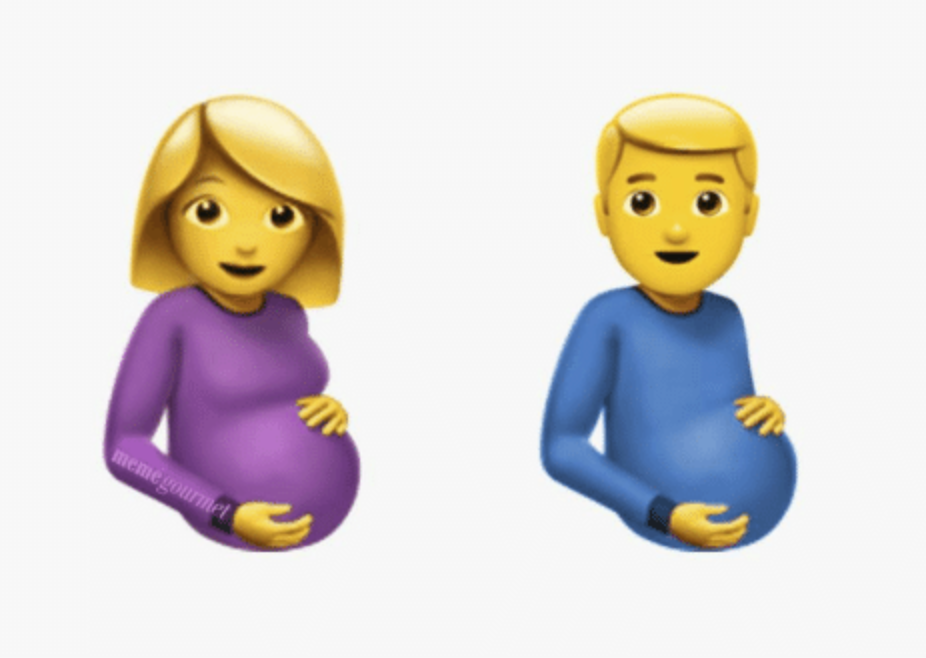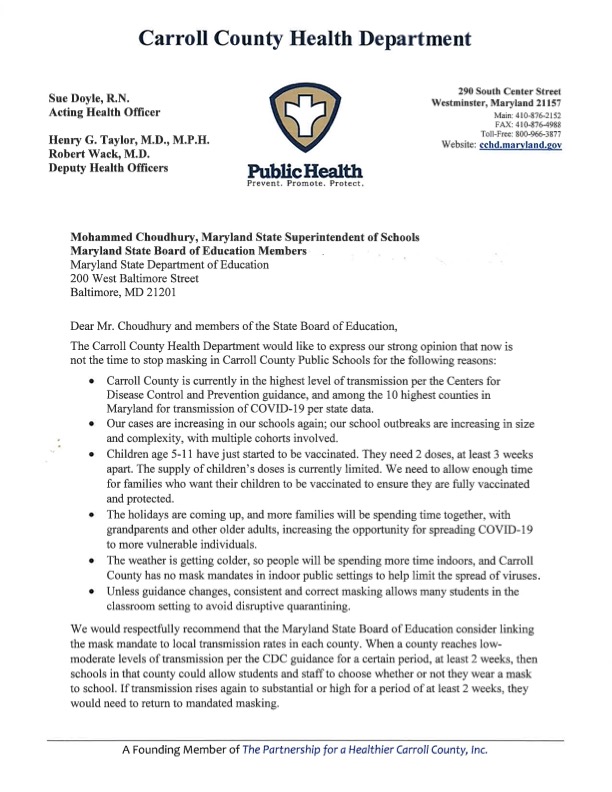This week the Family Life Advisory Committee, the community panel responsible for approving family life and sex education curriculum, begins their review of the Maryland State Health Education Framework that includes gender fluidity concepts starting as early as pre-K.
Gender fluidity is a theory that attempts to separate one’s biological sex from how they express or identify their gender, which according to some experts, can be a spectrum of up to 72 different gender identities that do not equate to genitalia. The concept gained its roots in universities and has contributed to the current debates surrounding the use of preferred pronouns, biological males competing in women’s sports, and gender-neutral bathrooms.
Diversity, Equity, & Inclusion (DEI) proponents claim that teaching students about gender identity will help create an environment free of bias and discrimination, but parents argue that it could cause more harm than good.
“We can teach kids to be respectful to each other without creating confusion around gender. Everyone knows there can be effeminate men and masculine women and everything in between – that doesn’t mean we need to change what it means to be a man and woman,” said a concerned parent. “There are people out there that would probably call me transphobic for saying that, but they’re wrong. We need to move past the name calling and have real dialogue.”
Teachers also expressed concern with the framework.
“Under gender identity, how do you explain to a student what a woman is? How do I respond if I’m asked whether a man can menstruate and give birth?” said a CCPS teacher.
Concerned Parents of Carroll has also received copies of classrrom materials that ask students for preferred pronouns and whether their parents refer to them by the same or different pronouns.
“We need to take a step back and look at how we can teach children to be inclusive without this obsession and confusion with gender, and it needs parent involvement,” said a Family Life council member.
Development of the health education framework was led by the Maryland State Department of Education in conjunction with local school districts, including some CCPS administrators. State curriculum frameworks exist for other content domains, but Family Life is the only area that consults a community advisory committee. Other content areas, such as library book selection, include similar, controversial ideology but lack transparency.


